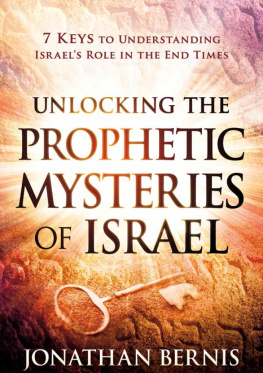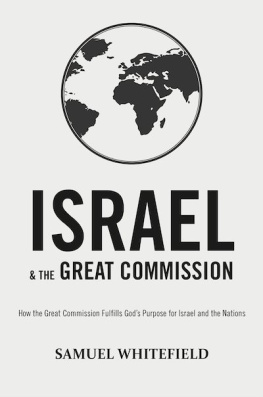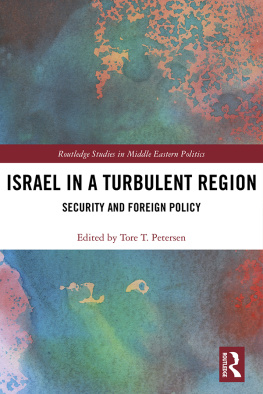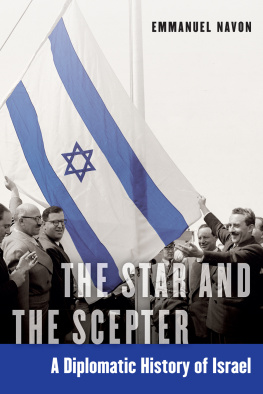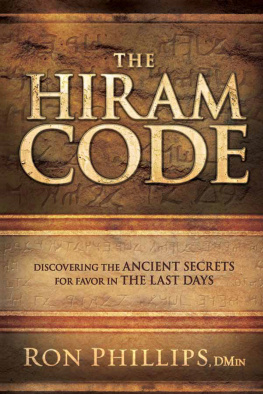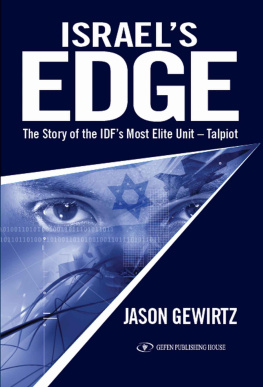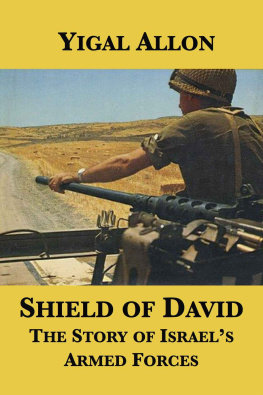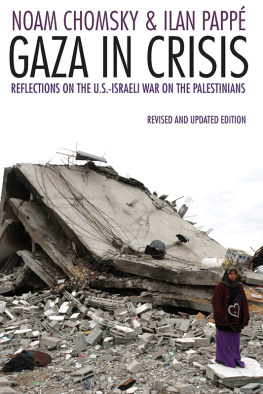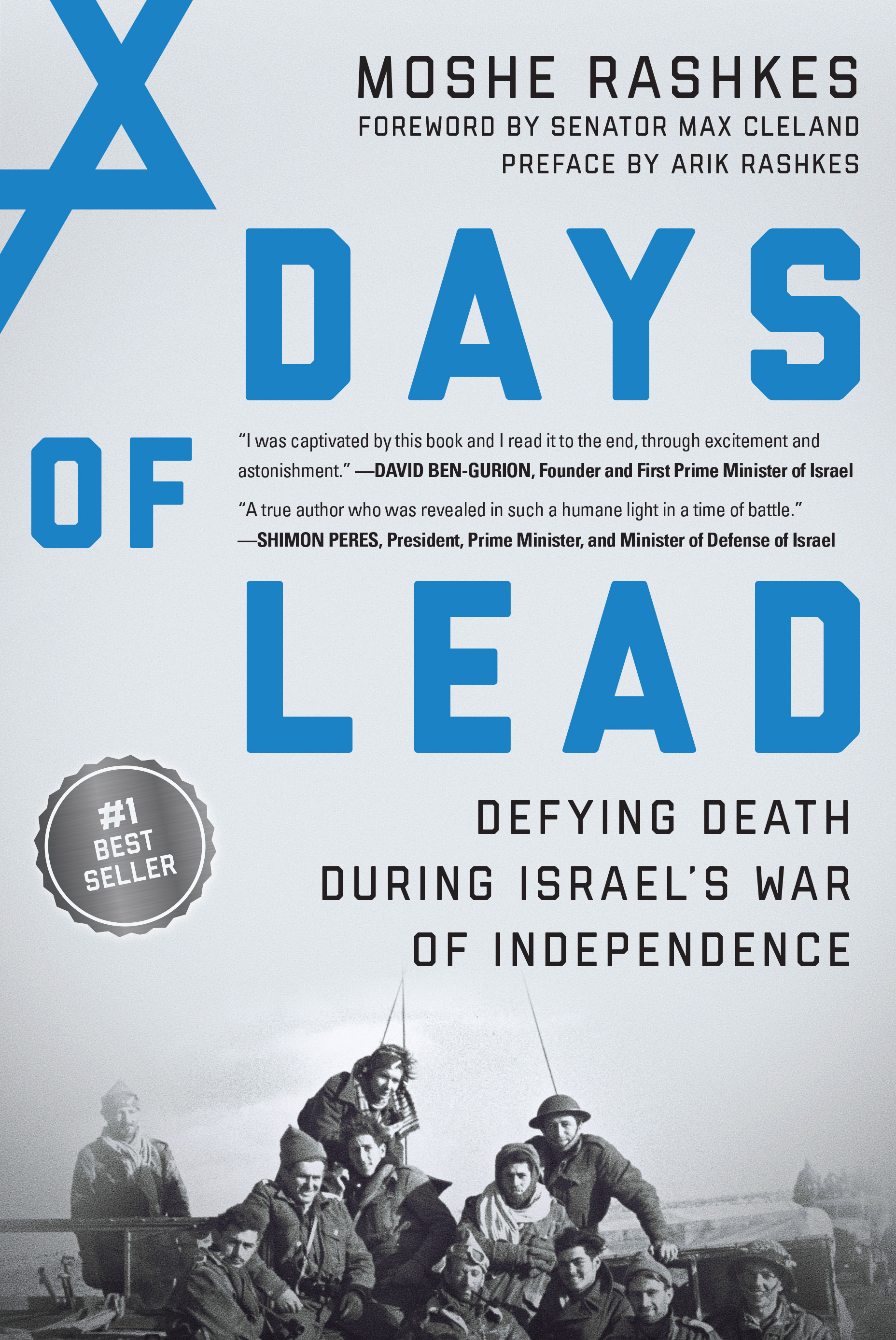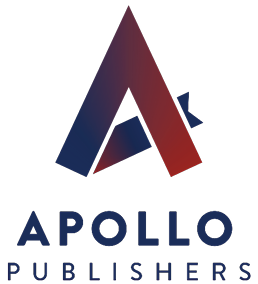Copyright 2018 by Moshe Rashkes and Arik Rashkes.
All rights reserved. No part of this book may be used or reproduced in any manner whatsoever without the written permission of the publisher, except in the case of brief excerpts in critical reviews or articles. All inquiries should be sent by e-mail to Apollo Publishers at info@apollopublishers.com.
Apollo Publishers books may be purchased for educational, business, or sales promotional use. Special editions may be made available upon request. For details, contact Apollo Publishers at info@apollopublishers.com.
Visit our website at www.apollopublishers.
Library of Congress Cataloging-in-Publication Data is available on file.
Cover design by Rain Saukas.
Cover image copyright 2018 by National Photo Collection, Israel.
Printed in the United States of America.
Golda and Ariye Leib.
Foreword
By Senator (Ret.) Max Cleland
It was a great honor for me to be asked to pen an introduction to this important book, which received excellent reviews and was printed in Israel in nine editions.
The greatness of this book is to be found in its atmosphere, which enables readers to identify deeply with the author, as if they themselves were on the battlefield, experiencing the terrible pain and sensation of loss.
As a combatant in 1968, I lost both legs and an arm in the Vietnam War. The US government awarded me Bronze and Silver Stars for valorous actions in combat. Following my rehabilitation, I felt the need to serve the American public, first as secretary of state for Georgia, and later as a US senator.
So why am I writing about this particular book? Not just because Moshe Rashkes is a close personal friend, or because the books subject matter is close to my heart and my difficult life experiences. It seems that every meeting with the Angel of Death, and every escape from his clutches, lead to enormous changes in the soul of an individual. For most, these changes result in a desire to make things better for humanity and, in wartime, to help ones fellow combatants.
Moshe followed the same path as I did. Even while hospitalized, following his war injuries, he was among the originators of the Israel Disabled War Veterans Organization, fighting for the rights of injured veterans. Later, after eight years as chairman of this organization, he joined the founders of the Israel Sport Center for the Disabled (ISCD) in Ramat Gan, which became a pioneering sports center for disabled individuals. He served as director of the ISCD for thirty-seven years, and then as chairman in a voluntary capacity for many more years.
I followed a similar path, first as secretary of state for Georgia, then as administrator of the United States Veterans Administration, serving wounded veterans, then as senator for Georgia, fightingamong other thingsfor the social rights of the disabled and, finally, as secretary of the American Battle Monuments Commission.
I find a strong similarity between this book and my own book, Strong at the Broken Places , written after my own terrible war injuries .
These two books, in my opinion, complete and complement each other. Moshes book clearly articulates the sensation of pain and the feeling of approaching death, while my book describes overcoming life-changing shock and loss. Both ultimately celebrate triumph and the power of the human spirit. It is important for every person to know about these things, especially the worlds leaders, in whose hands world peaceor warrests.
The uniqueness of this book is that it gives the reader a precise and realistic view of the horrors of war, and the feelings of the individual who is engulfed by it.
preface
by Arik Rashkes
Moshe Rashkes is a war hero, a humanitarian hero, a successful author, and one of the founders of the state of Israel. He is also my father.
My father and his family fled Poland in the late 1920s, due to the increasing number of pogroms and growing anti-Semitism. He was only two years old when his family arrived, with very little money and very few possessions, at the shore of what was then Palestine. They moved to Tel Aviv, where life in the 1930s was far from easy. The family lived in a small one-bedroom apartment, worked double shifts, and went hungry most daysbut they felt relatively safe. News from Europe came in sporadically and it carried unimaginable horror, initially from ghettos and later from death camps, and, sadly, included the news that most members of the Rashkes family who had stayed in Poland were either missingor gone.
As a youngster, my father and his friends understood that in order to survive they would need to fight. It was more than self-defense, it was survival, and fighting for Israels independence and simple right to exist was not an option, but a duty and a necessity. My father fought on the Jerusalem front and was severely wounded in a heroic battle at the entrance to Shaar Hagai, the gate to Jerusalem.
My fathers injury transformed his life drastically, and his miraculous rehabilitation formed his philosophy of life and his future. In 1952, he was elected Chairman of the Israel Disabled War Veterans Organization. One of my childhood memories is walking with my father on the main street of Tel Aviv and being stopped time and again by peoplestrangers to mewho profusely thanked my father for things he did for them. They were veterans and he was fighting for their rights, for their dignity, and for their recognition.
After serving the veterans, he decided to lead and build a sports center for disabled children. He became a major advocate for rehabilitation through sports, applying many of the methodologies that had helped him with his own rehabilitation. Thousands of disabled kids have gone to the Israel Sport Center for the Disabled and it has helped them gain confidence, pride, and success. My father was, and still is, a hero for many of them.
In 1962, my father published his first book. Its Hebrew title translates into English as Days of Lead . He once told me that he wrote the book in order to be able to forget. The memories were simultaneously very painful and very important, and the book served as a tool for bringing relief. The book was a major success and an astounding best seller, and praise came pouring in. My father, with barely a high school diploma, had created a masterpiece.
Recently, as my father approached his ninetieth birthday, I asked him if I could translate the book and publish it for the first time in English. This was one of his dreams that had faded into the background over the years because of his busy schedule. This dream is now a reality and it has become one of the best birthday gifts for this wonderful and special occasion. The publishing of the book also coincides with Israels seventieth anniversary, an event that would never have happened without the spirit and bravery of my father and his fellow soldiers.
Chapter 1
The Hill
Wearily I lifted the field glasses to my eyes. They had once been Ilans. In front of me stretched emaciated slopes that quivered hazily when I first looked at them, and then settled down and stopped moving. My eyes wandered over the few scraggy clumps of trees scattered over the area, whose shadows made pits of blackness on the rocky ground.


